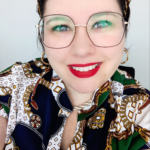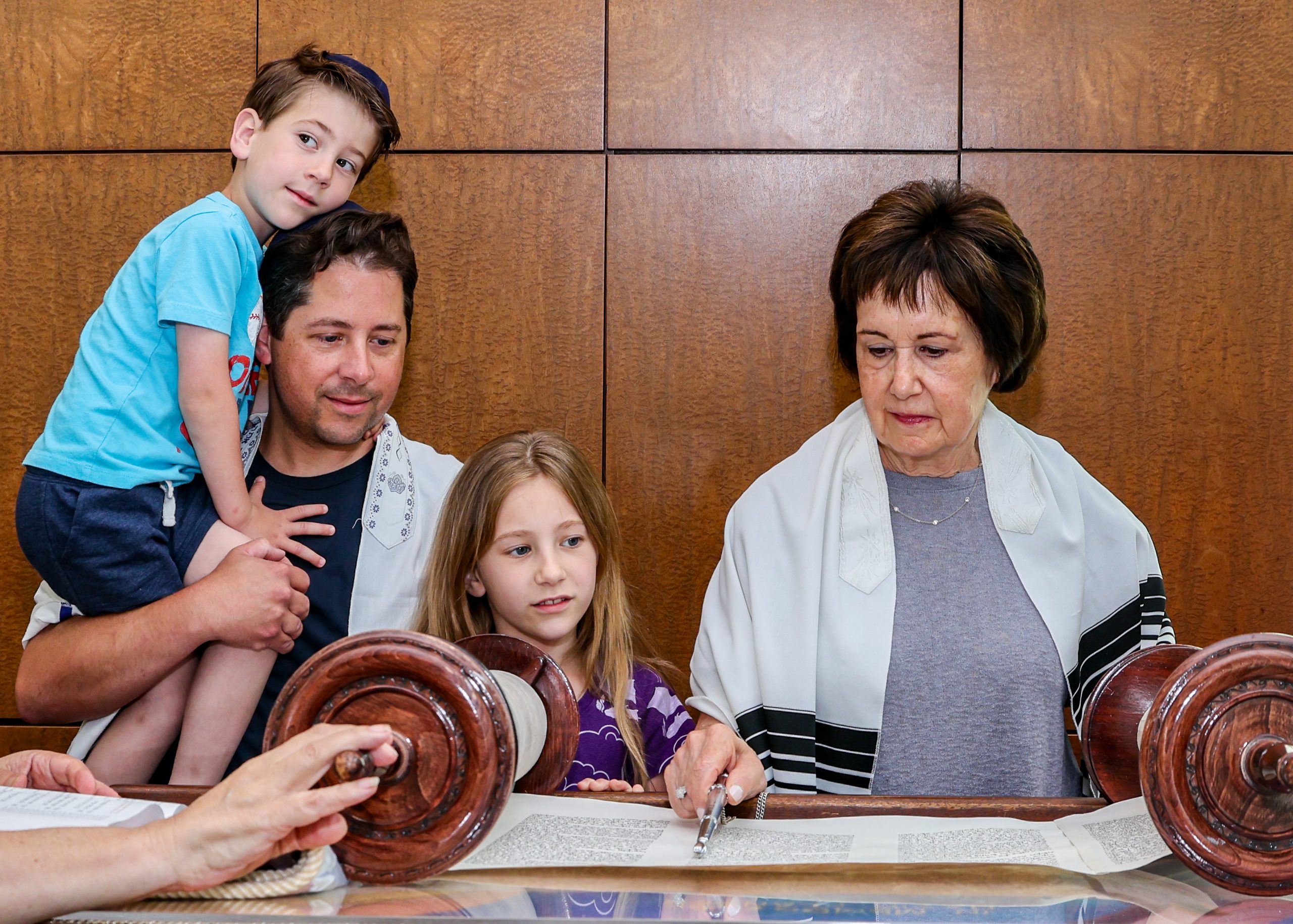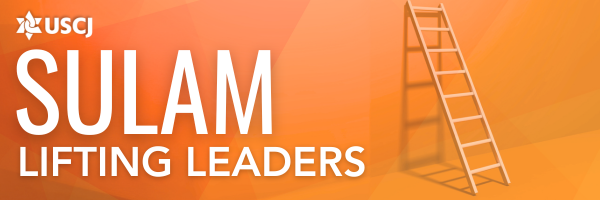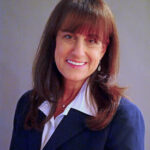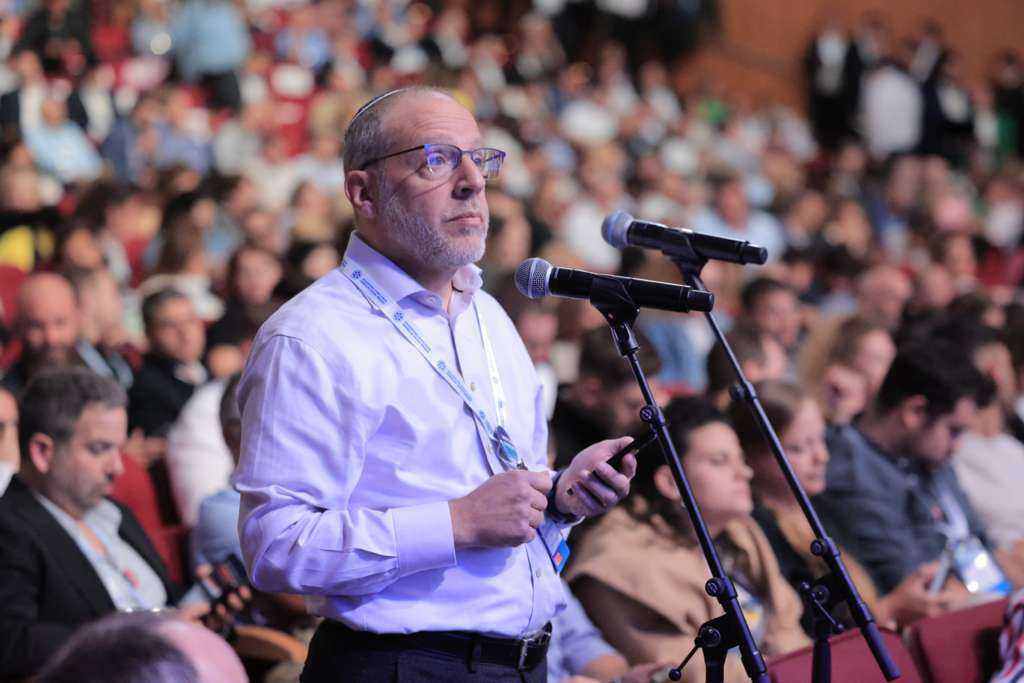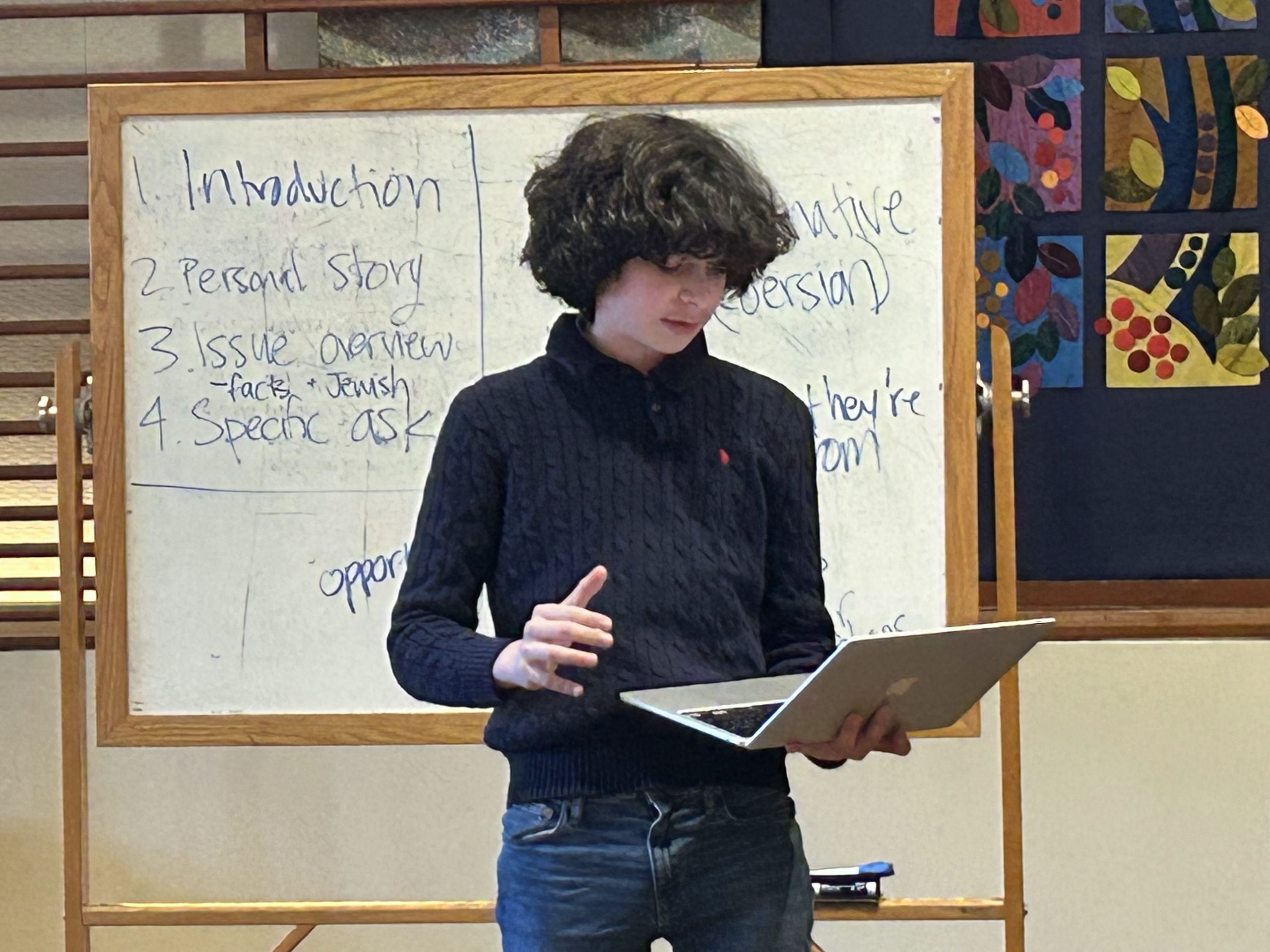
About the Heschel Fellowship: USYers from across North America completed the fourth cohort of our Heschel Fellowship, an immersive online Jewish learning program for teens that provides them an intensive opportunity to grow in their in-depth text learning and chevruta experience.
In the first part of the course, they used traditional and less-traditional Jewish text to think about the ways Judaism serves as a vehicle to influence and express identities, emotions, values, and their perspectives. In the second half, they employed some of the same concepts and ideas examined in the first half, but in the context of their relationship with the broader world. The course pushed students to think introspectively, taught how to learn using the traditional Jewish method “Chevruta” (partner) learning, and helped students to discover more about how our two-thousand-year-old Jewish tradition can speak to their experiences today.
JTS Rabbinic intern and Slifka-Nadich Fellow, Bennett Decker designed the course specifically for USY teens and facilitated much of the fellowship together with guest speakers.
Reflection from the Educator, Bennett Decker:
As a high schooler, USY was an incredibly important part of my Jewish journey. While I attended a Schechter day school until 8th grade, I transitioned to a public high school. USY took on great importance as a part of my Jewish life. In USY, I became Shabbat observant and I also began regularly teaching, not just learning, Judaic studies. The skills that USY helped me develop continue to serve me to this very day, as I study to become a rabbi and educator at the Jewish Theological Seminary in New York City.
The Heschel Fellowship is a series of classes designed for USYers who do not attend day schools but also want the kind of serious Jewish learning and text study that I craved when I was in high school. Throughout 10 sessions, we engaged with art, music, film, traditional text, untraditional text, and expert speakers, examining big Jewish questions. Our time was split into two themes: how do we use Judaism to understand and express ourselves as individuals, and how does Judaism help us to think about our place in the broader world, beyond just Jewish communities?
In the first half, we thought about big concepts like perspective, identity, values, and emotion. In the second half, we learned about ethics of care from a hospital chaplain, Jewish justice work from a rabbinic activist, thought about whether we can learn from immoral people, and considered how to balance supporting institutions or people.
Students said they joined the fellowship because they wanted to learn more serious Jewish texts, engage in deep conversations with other students, and learn more about their personal connection to Judaism. One student said, “I really, really enjoyed this fellowship! I loved all the discussions, and I truly had a lot to think about throughout these past weeks in (the) lessons.” Another said that they learned that, “…connection in learning is still the most powerful tool that keeps Jews together.”
It is a special opportunity to teach USYers as a USY Alum. Many of the lessons in shiurim from various conventions that I attended in high school continue to inform what I teach in class. It was such a pleasure and a joy to see these students in action and to learn from and with them – they will all go on to become deep and thoughtful students of Judaism, and it is my great hope that they continue to seek out opportunities for more serious Jewish learning in the future.
Curriculum for the Year:
Judaism within oneself
- Opening Program: Processing Perspectives
-
- IDENTIFYING our PERSPECTIVES when we read TEXT
- Donkey stories: Identity and text
- How to Chevruta!
- IDENTIFYING (and CREATING) OUR identities in STORIES
- Identifying values in liturgy: Kehillah prayer for the IDF, State of Israel activity
- Praying in Communal Crisis
- Prayers for the State of Israel
- Find OTHER people’s values in LITURGY
- Problematic liturgy – What do we do when we encounter prayer that feels problematic? (Speaker: Rabbi Jan Urbach)
- How do OTHER PEOPLE’s VALUES in LITURGY come into conflict with OUR OWN?
- Insides matching outsides – is consistency a value?
- Should we say/do things that are CONTRARY to OUR VALUES?
Judaism in the world
- What do we choose to invest in – people or places?
- Can we learn from immoral people?
- Judaism and ethics of care (speaker, Rabbi Mary Brett Koplin)
- Jewish practice as justice work (speaker, Claire Bruder)
How to join: USY will be taking applications for the 5th cohort and other fellowships over the summer. Stay up to date on all things USY so you don’t miss the chance to apply!


